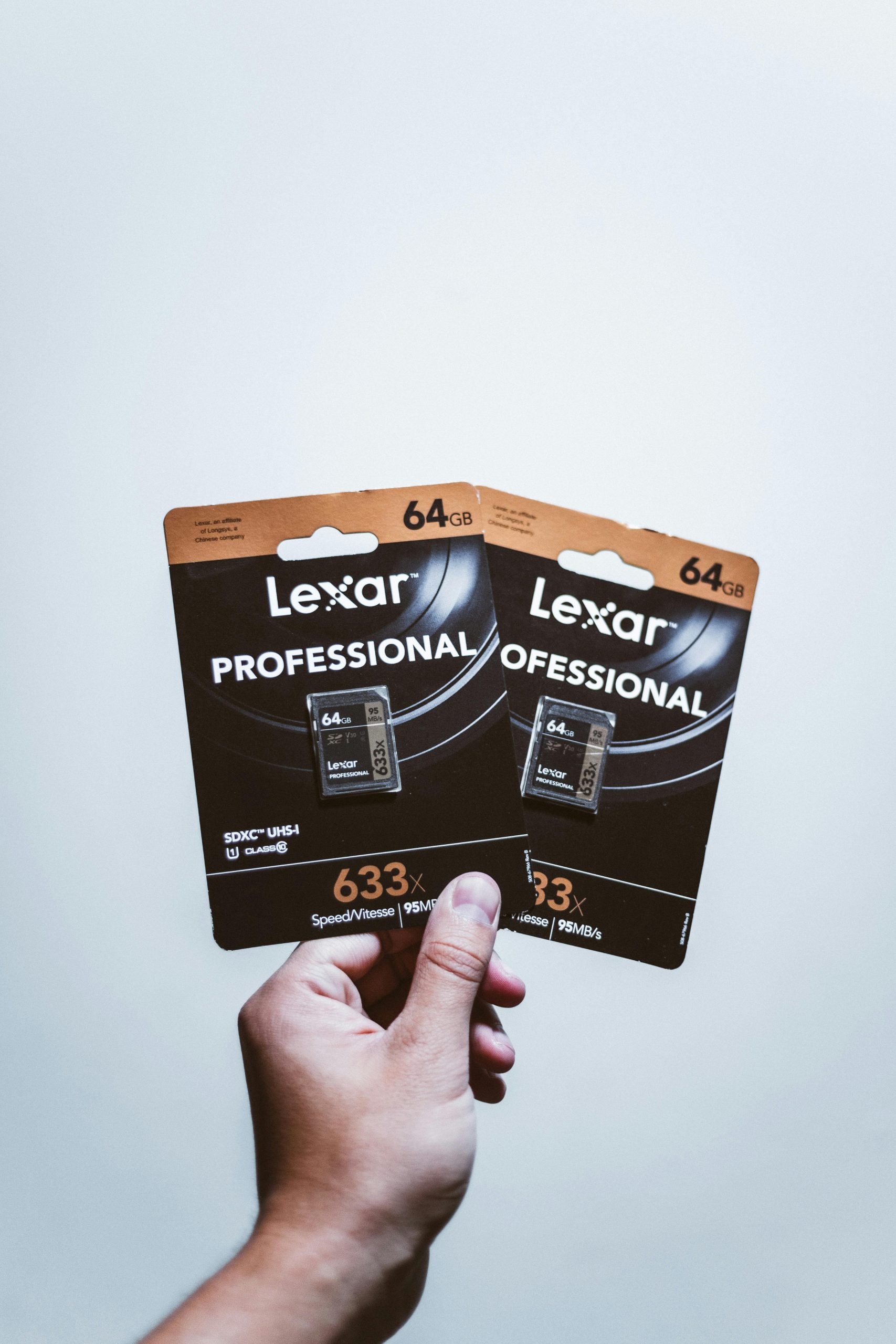Concerns About Home Valuation with New Insurance
I recently switched to a new insurance provider and, as part of the process, they sent out an inspector to evaluate my home. Although I didn’t meet the inspector, I received the inspection report, which seems to have significantly inflated my home’s replacement value. My previous insurer had my home valued at approximately $470,000, but according to the new report, it’s now assessed at $620,000. While I’d love for my home to be worth that much, all the properties in my neighborhood are valued between $350,000 and $450,000. This new valuation feels excessive. Is this typical? What options do I have moving forward?




It sounds like you’re understandably concerned about the significant increase in the replacement value assigned to your home. It’s not uncommon for insurance companies to adjust their replacement cost estimates based on a variety of factors, including construction materials, neighborhood trends, and even prevailing labor costs. Here are a few steps you can take to address the situation:
Review the Inspection Report: Carefully read the inspection report to understand how the inspector arrived at the $620k value. Look for specific details about the home’s features, materials, and any upgrades or unique characteristics.
Compare with Comparable Properties: Gather information on sales and values of comparable homes in your neighborhood. This can help you build a case if you feel the inspector’s value is inflated.
Contact Your Insurer: Reach out to your insurance company for clarification on the discrepancy. Ask them to explain the basis for the replacement value and express your concerns about it being too high based on local market conditions.
Challenge the Valuation: If you believe the value is not accurate, you can request a reassessment. Provide the insurer with evidence from comparable home sales or any market data that supports a lower valuation.
Consider a Second Opinion: You might want to hire a professional appraiser to get an independent valuation of your home. This could provide additional leverage in discussions with your insurer.
Review Policy Coverage: Make sure you understand what your insurance policy covers and how replacement cost differs from market value. Consider discussing different policy options with your insurer that might better align with your home’s estimated value.
Documentation: Keep detailed records of all communications and documents regarding the inspection and any subsequent discussions. This will be helpful if you need to escalate your case.
Remember, it’s important to act quickly, as you may have time limits on contesting the valuation or making changes to your policy. Good luck!